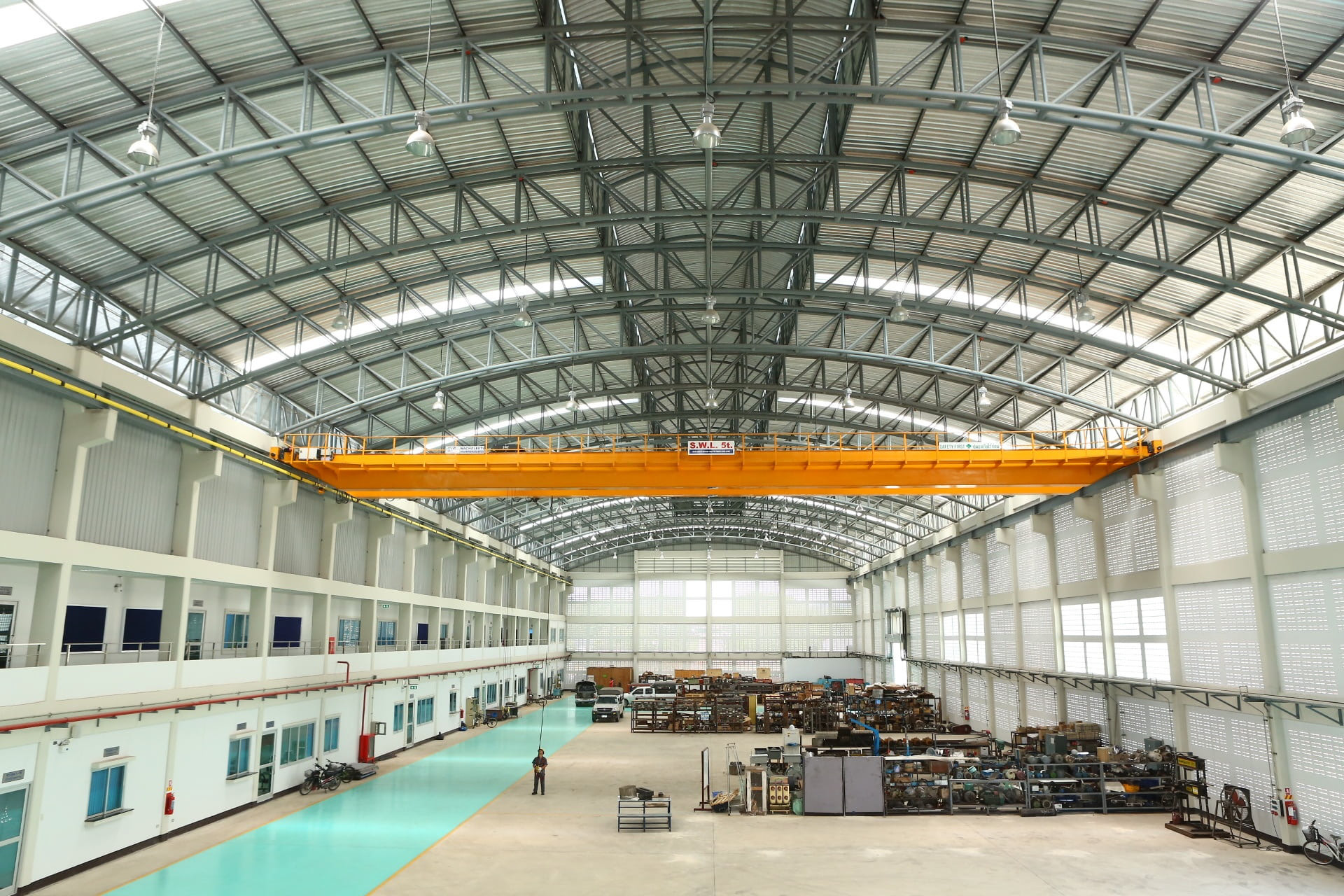China OEM Oil Based Coating PVC Paint Spray Manufacturer
Oil-based coatings have long been a staple in various industrial sectors due to their durability, versatility, and strong protective qualities. These coatings are formulated using oil as a base, which makes them ideal for a range of applications, particularly in environments that demand long-lasting protection against harsh conditions. However, while oil-based coatings offer significant advantages, they also present several challenges that need to be considered for their effective use. In this article, we will explore the benefits and challenges of oil-based coatings in modern industries.

One of the primary benefits of oil-based coatings is their excellent durability. Oil-based coating forms a hard, smooth surface that resists damage from impacts, abrasions, and weathering. This makes them particularly valuable in industries such as construction, automotive, and marine, where surfaces are constantly exposed to wear and tear. The long-lasting nature of oil-based coatings also ensures that the surfaces they protect remain intact for extended periods, reducing the frequency of maintenance or reapplication.
Another key benefit is the superior coverage provided by oil-based coatings. These coatings tend to flow and level out smoothly, which ensures a more even application with fewer brush marks or streaks. This is especially important in industries where aesthetics play a role, such as in the automotive sector or when applying coatings to metal surfaces that are visible in architectural applications. The consistent finish of an oil-based coating not only enhances the appearance of the surface but also contributes to its longevity, as the even layer provides better protection against environmental factors.
Additionally, oil-based coatings offer excellent adhesion properties. They bond well to a variety of substrates, including wood, metal, and concrete. This versatility makes oil-based coatings a preferred choice for a wide range of applications. Whether it is for protecting outdoor structures like fences and gates or industrial equipment exposed to heavy-duty use, oil-based coatings ensure that the surfaces remain sealed and protected from moisture, corrosion, and other damaging elements.
However, the use of oil-based coatings is not without its challenges. One of the main drawbacks is the environmental impact. Oil-based coatings often contain volatile organic compounds (VOCs), which can be harmful to both human health and the environment. The release of VOCs into the air can contribute to air pollution and pose risks to individuals working with the coatings. As awareness of environmental concerns grows, industries are facing increasing pressure to find alternatives that reduce VOC emissions while still providing the same level of protection.
Another challenge associated with oil-based coatings is the long drying time. Unlike water-based coatings that dry quickly, oil-based coatings typically require more time to cure. This can slow down production processes, especially in industries where rapid turnaround is essential. In addition, the slower drying time can be problematic in colder or humid environments, as the coating may take even longer to fully cure under these conditions.
The application process itself can also be more demanding when using oil-based coatings. Proper ventilation is essential to ensure that fumes from the coating are safely dissipated, and personal protective equipment, such as respirators and gloves, is required to minimize exposure to harmful substances. Moreover, cleaning up after applying oil-based coatings can be more labor-intensive compared to water-based options, as it often requires the use of solvents to remove the coating from tools and equipment.
Despite these challenges, oil-based coatings remain a popular choice in various industries due to their exceptional protective properties. As the demand for more sustainable solutions grows, however, manufacturers are continually working to develop oil-based coatings with lower VOC content and faster drying times, thus mitigating some of the environmental and logistical challenges. By adopting new technologies and refining formulations, it is possible to improve the performance of oil-based coatings while addressing the concerns that have traditionally limited their widespread use.
In conclusion, oil-based coatings offer a range of benefits, including excellent durability, superior coverage, and strong adhesion properties. These advantages make oil-based coatings an essential choice in many industrial applications. However, their environmental impact, long drying times, and the need for careful handling during application present significant challenges. As industries continue to evolve, finding ways to optimize the use of oil-based coatings while addressing these challenges will be key to ensuring their ongoing relevance and effectiveness in modern industries.


 English
English русский
русский Español
Español Português
Português عربى
عربى
